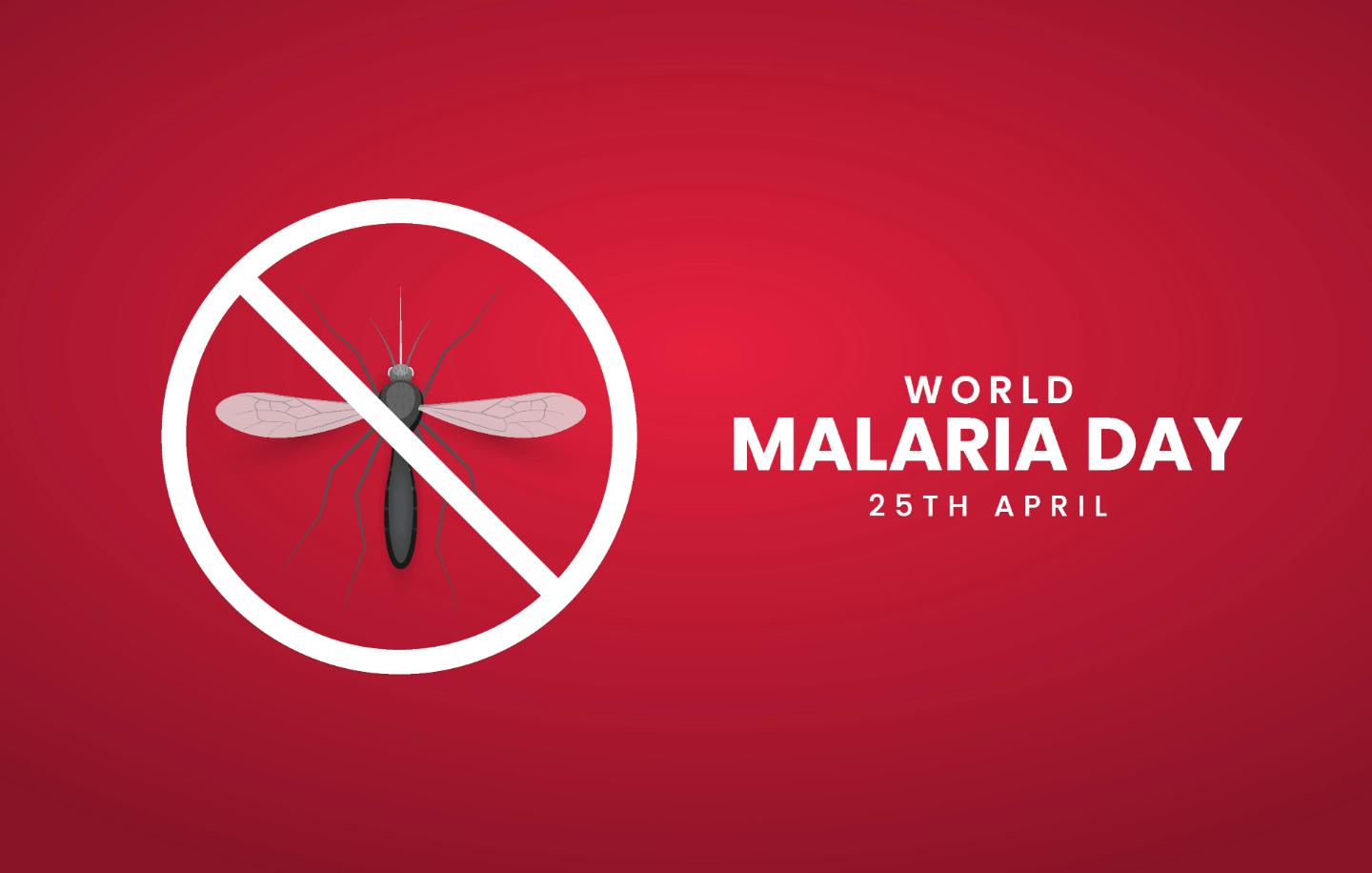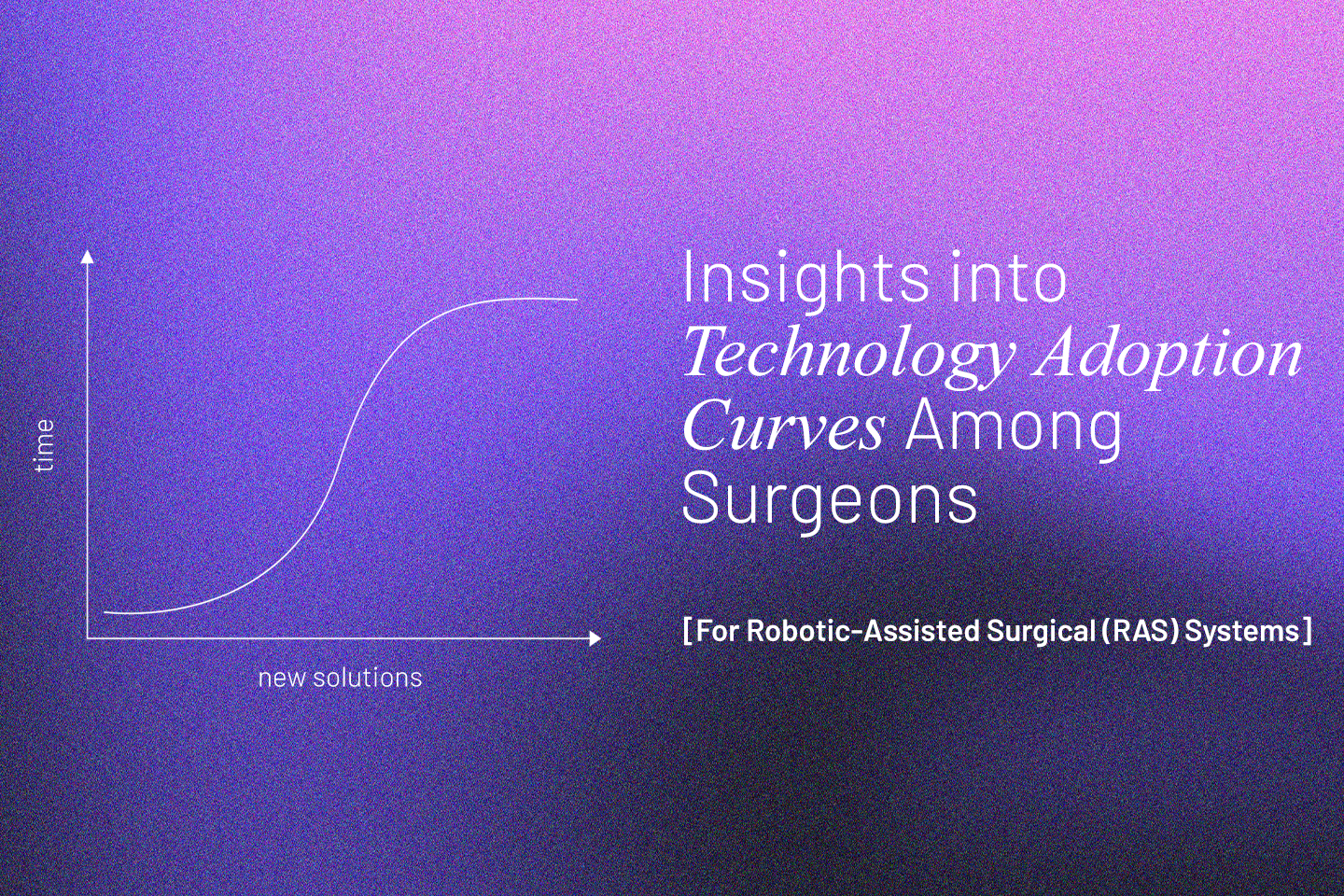Medical Devices
How are HIV Rapid Test Kits Vital Tools for Healthcare Professionals?

Getting tested for HIV can be a nervous experience for many, but it does not have to be. What if you could know your status in just a few minutes without the long wait or the need for complicated procedures? That is where HIV rapid test kits come in. These simple yet powerful tools allow healthcare professionals to provide quick and reliable results. As per 2020 research by the National AIDS Control Organization, over 23 lakh adults are living with HIV in India[1]. This makes early detection even more critical. HIV rapid test kits help patients take the first step toward managing their health. Read this article to understand how HIV rapid test kits are making a big difference in healthcare.
What are HIV Rapid Test Kits?
HIV rapid test kits are diagnostic tools which are used to detect the presence of HIV in the body quickly and efficiently. Unlike traditional testing methods that can take days or even weeks to return results, HIV rapid test kits provide results within minutes. [2] These tests are simple to administer and require minimal equipment. This makes the rapid tests suitable for use in various healthcare settings, including clinics, hospitals, and even in community outreach programs.
The HIV rapid test kit typically works by detecting antibodies or antigens in the blood, saliva, or other body fluids.[3] The ease of use and quick results make these kits a game-changer in HIV testing, especially in resource-limited settings where access to sophisticated lab equipment may be limited.
Types of HIV Rapid Test Kits
HIV rapid test kits come in different types, and it is essential to understand how each functions. The two most commonly used HIV rapid test kits are:
Antibody-Based Tests
These tests detect the presence of antibodies produced by the body in response to an HIV infection. [4] The HIV tri dot test is one popular example of an antibody-based HIV rapid test. It identifies HIV-specific antibodies, indicating whether a person has been exposed to the virus. However, it’s important to note that there is a window period, typically several weeks, between the time of exposure and the time when antibodies can be detected. [3]
Antigen/Antibody Combination Tests
These tests not only detect antibodies but also look for the p24 antigen, a protein produced by the virus shortly after infection.[5] Antigen/antibody combination tests can detect HIV earlier than antibody-only tests, reducing the window period and allowing for quicker diagnosis. This type of HIV rapid test is especially vital for early detection, guaranteeing timely care and treatment. [6]
Role of HIV Rapid Test Kits in Healthcare
Early Detection and Diagnosis [7]
One of the most critical aspects of managing HIV is early detection. The earlier a person knows their HIV status, the sooner they can begin treatment or take preventive measures. HIV rapid test kits are invaluable in this regard, as they can detect the virus quickly. This early detection helps in preventing the progression of the disease and reduces the risk of transmitting the virus to others.
Accessible and Convenient Testing
HIV rapid test kits offer a more accessible option for people who may not have the means to visit a healthcare facility for testing. Many community health programs use these kits to provide testing in remote areas. These initiatives make sure that more people have access to essential healthcare services. The convenience of a quick test also reduces the stigma associated with HIV testing, as people can receive results in a private setting without the need for multiple visits to a clinic.
Improving Testing Rates
Increasing HIV testing rates is critical in controlling the spread of the virus. By offering an easy and quick testing solution, HIV rapid test kits encourage more people to get tested. Since these kits do not require advanced medical training to administer, healthcare professionals can conduct tests more frequently, increasing the number of individuals who know their HIV status.
Benefits of HIV Rapid Test Kits for Healthcare Professionals
HIV rapid test kits provide several key benefits for healthcare professionals, making them an indispensable tool in modern medical practice.
Quick and Reliable Results [7]
One of the most significant advantages of using an HIV rapid test kit is the speed at which results are obtained. In just 15 to 30 minutes, healthcare professionals can determine a patient's HIV status. This fast turnaround time is especially crucial in emergency settings where decisions need to be made quickly.
Simplified Testing Procedure
The testing procedure using an HIV rapid test kit is straightforward, requiring only a few steps. Healthcare professionals can easily administer the test, even in high-pressure situations or when resources are limited. This simplicity also allows non-specialist healthcare workers to conduct tests, expanding the reach of HIV testing services.
Support in Emergency and High-Pressure Situations [7]
In emergency situations, such as cases where immediate medical intervention is required, having a reliable HIV rapid test can make all the difference. Healthcare professionals can quickly assess a patient's HIV status and provide the necessary treatment or precautions. These kits are also invaluable in situations where quick diagnosis is critical, such as during childbirth, where a mother's HIV status can directly impact the health of the newborn.
Impact of Rapid Testing on HIV Management and Prevention
Reducing Transmission Rates
One of the primary goals of HIV management is to reduce the transmission of the virus. By using HIV rapid test kits, healthcare professionals can identify HIV-positive individuals earlier and provide them with the necessary treatment. Early treatment reduces the viral load in the body, significantly lowering the chances of transmitting the virus to others.
Linking to Care and Treatment
Once an individual tests positive using an HIV rapid test, healthcare professionals can immediately link them to care and treatment. Rapid linkage to care is essential for improving health outcomes and preventing the progression of HIV to AIDS. These kits play a crucial role in creating a seamless pathway from testing to treatment. This makes sure that patients receive the care they need promptly.
Community Health Benefits [7]
HIV rapid test kits also have broader community health benefits. By making testing more accessible and increasing awareness, these kits contribute to better public health outcomes. Communities with higher testing rates tend to have lower HIV transmission rates, thanks to early detection and treatment. Furthermore, these kits empower individuals to take control of their health and reduce the stigma surrounding HIV testing.
MERISCREEN HIV 1-2 WB
The MERISCREEN HIV 1/2 WB is a one-step qualitative immunochromatographic assay used to detect antibodies (IgM, IgG, and IgA) against HIV-1 and HIV-2 in human serum, plasma, or whole blood (both fingerstick and venous samples). It delivers results within 20 to 30 minutes, boasting 100% diagnostic sensitivity and specificity. The kit is recognized by WHO for its efficiency and has a shelf life of 24 months. It's commonly used in healthcare settings for quick and accurate HIV diagnosis.
QUADRO HIV 1-2 Ab by Meril
The QUADRO HIV 1-2 Ab by Meril is a rapid, in-vitro qualitative assay designed to detect antibodies specific to HIV-1 and HIV-2 in human serum and plasma. Utilizing a unique combination of synthetic peptides and recombinant proteins, this test differentiates between HIV-1 and HIV-2 antibodies, enhancing diagnostic accuracy. Its fast flow-through design provides results in about three minutes, allowing for quick and timely decision-making in healthcare settings. With high sensitivity and accuracy, QUADRO HIV 1-2 Ab supports early HIV detection, contributing to better patient care and management.
Final Thoughts
HIV rapid test kits have transformed the landscape of HIV testing. As we continue to work towards reducing the spread of HIV, these rapid test kits will remain important tools in making sure timely diagnosis and effective prevention efforts.
Reference Links:
[1] https://naco.gov.in/sites/default/files/India%20HIV%20Estimates%202021%20_Fact%20Sheets__Final_Shared_24_08_2022_0.pdf
[2] https://my.clevelandclinic.org/health/diagnostics/4849-hiv-testing
[3] https://www.webmd.com/hiv-aids/getting-an-hiv-test/
[4] https://hivinfo.nih.gov/understanding-hiv/fact-sheets/hiv-testing/
[5] https://www.sciencedirect.com/topics/medicine-and-dentistry/antigen-p24
[6] https://www.cdc.gov/hiv/testing/index.html
[7] https://www.ncbi.nlm.nih.gov/pmc/articles/PMC3767371/





